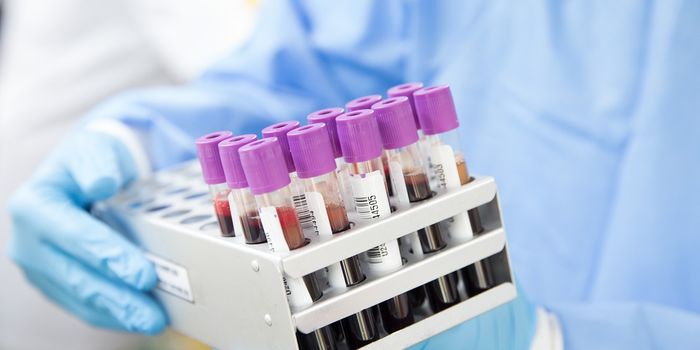Study Reveals How Smells Cause Weight Gain
Some people often joke that they don’t need to actually eat the food to gain the weight – that just sniffing the food somehow causes them to absorb the calories. Well, a recent study says that there’s actually some scientific truth behind this strange and unfair phenomenon.
Scientists at the University of California, Berkeley based their investigation on the premise that the sense of smell is inextricably tied to appetite. They manipulated the olfactory bulbs of adult mice to make some animals smell-deficient. Then they compared the weight gain/loss in these mice versus normal mice, given that both groups were fed the same diet.
Compared to normal mice that ballooned in size, those that were deficient in their sense of smell actually lost a considerable amount of weight. At the cellular level, scientists noticed that the smell-deficient mice turned some or all of their beige storage fat cells into brown fat cells. And if there’s a type of cellular fat you’d want, it’s brown fat, which are mitochondria-packed cells that burn energy to produce heat. White fat cells, those that pad internal organs, also seemed to shrink in the smell-deficient mice.
The results are remarkable in showing how that the simple ability to smell can dramatically influence the body’s metabolism on many levels. As a result of the weight lost, obese smell-deficient mice that were verging on prediabetes had their glucose tolerance levels rescued.
"Sensory systems play a role in metabolism. Weight gain isn't purely a measure of the calories taken in; it's also related to how those calories are perceived," said senior author Andrew Dillin. "If we can validate this in humans, perhaps we can actually make a drug that doesn't interfere with smell but still blocks that metabolic circuitry. That would be amazing."
The team at UC Berkely also collaborated with researchers from Germany, who had developed a strain opposite to the smell-deficient mice, aptly named “supersmellers.” In similar experimental setups, the supersmellers gained more weight than their normal counterparts even while on a standard diet.
"This paper is one of the first studies that really shows if we manipulate olfactory inputs we can actually alter how the brain perceives energy balance, and how the brain regulates energy balance," said Céline Riera, a former UC Berkeley postdoctoral fellow now at Cedars-Sinai Medical Center in Los Angeles.
Combined, the results from the smell-deficient and the supersmeller mice suggest that weight can be influenced by smell. Furthermore, the results suggest olfactory manipulation may be a viable alternative for weight management in humans.
"People with eating disorders sometimes have a hard time controlling how much food they are eating and they have a lot of cravings," Riera said. "We think olfactory neurons are very important for controlling pleasure of food and if we have a way to modulate this pathway, we might be able to block cravings in these people and help them with managing their food intake.”
“For that small group of people, you could wipe out their smell for maybe six months and then let the olfactory neurons grow back, after they’ve got their metabolic program rewired,” Dillin said.
It’ll still be a while before patients can request smell adjustments from their doctor for weight loss. But for now, remember to not go grocery shopping on an empty stomach!
Additional source: UC Berkeley









